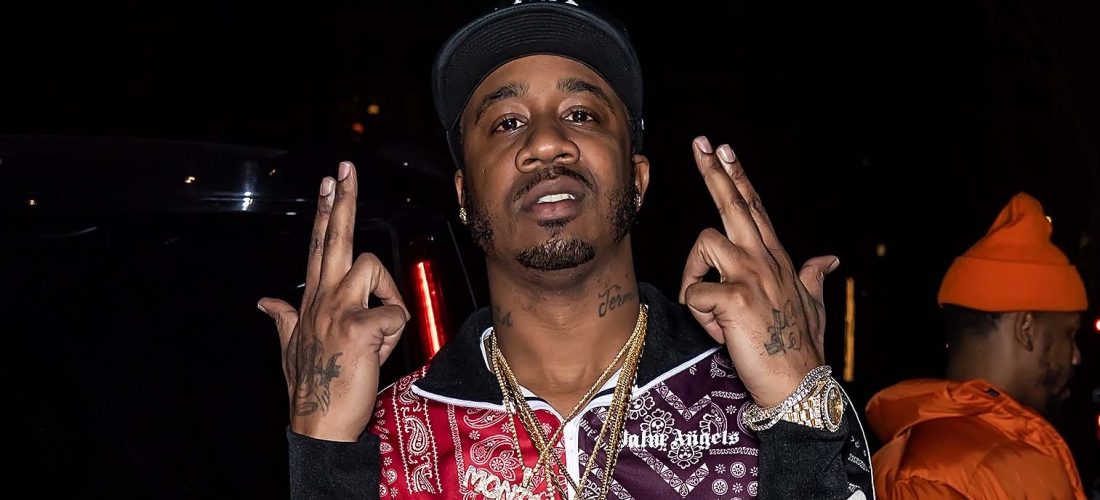Benny the Butcher Delivers Careful Street Lore on ‘The Plugs I Met 2’
At 36, Buffalo rapper Benny the Butcher is a sort of old head in the genre, where artists with wild energy and disparate stories break young. Benny’s been working at it since the mid-Aughts, but didn’t manage to cut through the noise nationally until his 2018 mixtape Tana Talk 3. He’s also a street veteran, narrowly making it out of a lifestyle that usually ends in premature death or incarceration. His own prison bids over the years likely stunted his rap success, but he’s finally rolling in legal dough as a member of Griselda, the record label and rap crew embraced as torchbearers of the form by hip-hop legacy acts like Jay-Z, Nas, and Raekwon.
Though the title of his latest release, The Plugs I Met 2, takes up after his 2019 album The Plugs I Met, it’s easy to think about the album as the close of a trilogy of solo work. The first Plugs, from 2019, served as a gritty entry into a world of organized drug crime, shadowy and overcast. Last year’s Burden of Proof—produced by star beatmaker Hit-Boy—was mostly a flashy and triumphant recollection of the spoils of pushing drugs and getting out, with occasional hints at street life’s frustration and loss. On The Plugs I Met 2, Benny explores this sadness and danger more fully over a selection of Harry Fraud beats that meld the grit of the first Plugs with the sheen of Proof. He’s a convincing rap sage; a captivating spitter offering his nefarious experiences with an abundance of awareness of their nuances and influence.
“Y’all believe these rappers if you want my nigga/Let ’em convince you to do what they never done my nigga,” Benny raps on “No Instructions,” warning against following fake gangsters into real crime. Across Plugs 2, his drug tales are elaborate. Acrobatic bars about trapping out of literal hunger and committing ruthless attacks tumble out of him with curt precision. Benny pairs these seemingly boastful stories with scattered words of caution, as if they’re less brags than creative expressions. “They think I be glorifyin’ the street shit, not at all,” he adlibs in the first chorus on “Plug Talk,” before going on to rap that the sounds of drug processing are like music to him. “Live By It” is a song about his own past propensity for gun ownership, but also a lamentation of a newer generation’s recklessness: “In every hood in the country, yeah, them cannons flarin’/the street niggas won’t outlive their grandparents,” he says.
The album’s guests—which include Jim Jones, French Montana, and 2 Chainz—tell more stories of drug prosperity than regret, but their lives, and in the case of Chinx, death, speak to Benny’s concerns. Jones seems to admit that dealers exploit addicts; Montana recognizes his long-incarcerated mentor Max B; and Rick Hyde, an artist under Benny, says, “if you make it out your twenties, then you blessed.”
Benny’s inklings of bitterness with the illegal grind scattered throughout the album build into a clear picture by “Survivor’s Remorse.” There, he expresses guilt as he remembers peers in the drug game who will never reach his level of success. It’s one of the most emotional performances on the album and best asserts that Benny’s rough lore is of experience, not encouragement.
